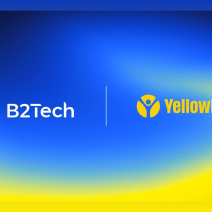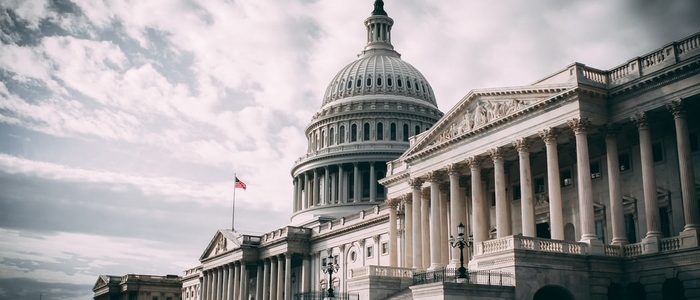
Yahoo Stops Paid Fantasy Sports Contests in Connecticut
Yahoo has stopped conducting paid fantasy sports contests in the Connecticut fantasy sports marketplace in response to the state’s new law that requires any sports gambling or fantasy sports operator to first reach a cooperative agreement with either the state lottery or one of its two sanctioned tribes. All free Yahoo Fantasy Sports experiences will continue to be available to Connecticut residents.
“As part of Yahoo Sports, we have delivered fantasy sports games to users since 1999. From the beginning, our fantasy sports offerings have been designed and built with the goal of engaging and delighting our users. We want users to play on Yahoo with their friends and colleagues, enjoy their user experiences, and continue to use the Yahoo platform for these and other offerings. As of 2021, we have millions of people playing fantasy sports on Yahoo,” the company said.
“We applied a similar user-centric focus when we first launched Yahoo Daily Fantasy in 2015. We were the first operator to proactively adopt many of the regulatory consumer protections that are now standard in the industry. From the beginning, we’ve supported regulations that put the customer first while creating a robust and competitive market for operators.
“Overall, Yahoo supports common sense paid fantasy laws and regulations that: a) clearly differentiate between paid and free offerings; b) create rules that are technologically feasible, commercially reasonable, and appropriate for the specific offering; and c) promote a competitive environment so that users have choices. Unfortunately, the fantasy sports legislation that passed in Connecticut is lacking in both (b) and (c).
“The current legislation tethers the operation of fantasy sports to a local ‘master wagering licensee.’ While that makes sense for sports betting, fantasy sports are a separate and distinct product from sports betting. No other state that has passed fantasy legislation has required tethering. The tethering requirement makes operating in Connecticut economically unviable for Yahoo and smaller fantasy operators and startups. This reduces customer choice, further deepening a moat around only the largest operators that can afford to operate under this model. These kinds of barriers to entry are harmful to consumers, who will now have less choice when it comes to where they can participate in paid fantasy contests.
“We will gladly work with the state of Connecticut to evolve the existing legislation, and look forward to one day being able to offer our paid fantasy products to the great residents of Connecticut.”










